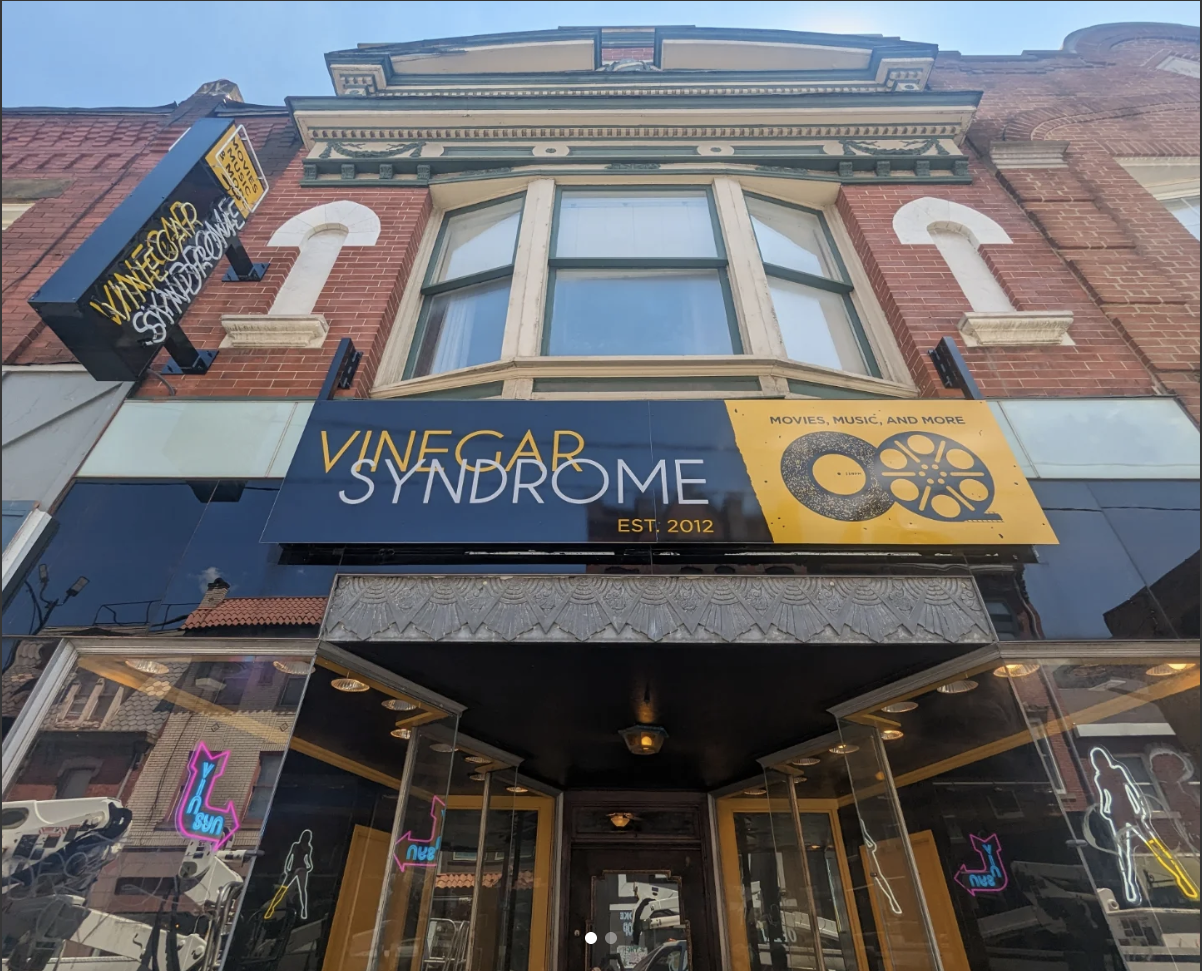Shell plastic plant pollutes: That didn't take long. Shell Chemical's enormous, pollution-spewing plastics plant has already exceeded air pollution limits for smog-producing volatile organic chemicals (VOCs). "Each 12-month period that exceeds Shell’s yearly limit of 516.2 tons is a violation. It almost blew past that limit in September alone, with 510.89 tons reported to the DEP in that month," Reid Frazier reports for StateImpact.
DA doubles down: Allegheny County District Attorney Stephen A. Zappala Jr., speaking to reporters for the first time in months, criticized Mayor Ed Gainey (and former Mayor Bill Peduto) for violence in the city and in their approach to policing. "The city’s a problem right now," said Zappala, who also said the city should implement a curfew for juveniles. Zappala, first elected in 1998, seeks a seventh term as district attorney. Paula Reed Ward reports for the Trib.
Pittsburgh Black tech showcase: Lt. Gov.-Elect Austin Davis, Meter Feeder CEO Jim Gibbs and other luminaries were at Google's East Liberty offices last week to celebrate the tech behemoth's partnership with Pittsburgh-based Black Tech Nation. Currently, only about 1% of venture capital funding goes to Black founders. Atiya Irvin-Mitchell reports for Technical.ly.
City budget nears approval: City Council is poised to vote on a nearly $800 million combined capital and operating budget for 2023. (Allegheny County's billion dollar budget passed, nearly unanimously, two weeks ago.) Weeks of citizen engagement showed that "a desire to spend more money on infrastructure" was residents' top priority. Hallie Lauer reports for the Union Progress. UPDATE: The capital and operating budget, as well as an updated spending plan for American Rescue Act funding, passed unanimously late Monday afternoon, reports Julia Felton for the Tribune-Review.
ACJ revamps book policy: Graphic novels co-authored by Congressman John Lewis were among a litany of titles not allowed into Allegheny County Jail in recent months, prompting an outcry from family members of incarcerated people and other advocates who point out the arbitrary nature of the books' rejection and other inconsistencies. An overhaul of the jail’s book policy "has been announced," Julia Zenkevich reports for WESA, "but not finalized or implemented."
No-cost transit pilot: Allegheny County has allocated $10 million to a pilot project to provide free or reduced transit fares. Residents age 18 to 64 years old, who are eligible for the Supplemental Nutrition Assistance Program, are eligible for the program. Ed Blazina talks to those enrolled for the Union Progress.
Art Commission revamped: After unceremoniously dismissing all five members of Pittsburgh’s art commission (discussed in LWPNT #15), Mayor Gainey has proposed a two-tiered commission: the Public Art Committee will review public art proposals; the Civic Design Committee will take on building design applications. Bill O'Driscoll breaks it down for WESA.
PA pot doc oversight: The doctors who diagnose people for medical cannabis maybe aren't so scrupulous. After a year of reporting on PA's medical marijuana industry, Spotlight PA reports on Pennsylvania’s Medical Marijuana Advisory Board's questions regarding how the health department "ensures that the state’s more than 1,800 approved physicians review a patient’s available medical records and provide appropriate consultations." Ed Mahon writes for Spotlight PA's newsletter, The Investigator.
Equity Commission hasn’t met: Pittsburgh's Gender Equity Commission hasn't met yet. It was formed two years ago, after the release of a notorious 2019 gender equity study which established, by many measures, that Black women have it worse in Pittsburgh than anywhere in the country. Ladimir Garcia writes for PublicSource.
CWA Urges Block's Removal: In a letter signed by 20 of their top leaders, Communication Workers of America have urged C-SPAN to remove cartoonishly ghoulish Post-Gazette publisher John Block from their board of directors, "arguing Block is tarnishing C-SPAN's reputation." Sara Fischer reports for Axios.
Test strips now legal: Long prohibited under state law, testing products that detect toxic substances like fentanyl are no longer illegal. Over 5000 people died due to opioid overdoses last year, according to the state attorney general. Such testing strips had been decriminalized in Pittsburgh and Philadelphia since last August, thanks to mayoral decree. Tom Riese of WVIA reports.
Note: In solidarity with striking Newspaper Guild workers, the Pittsburgh Independent does not share news articles from the Pittsburgh Post-Gazette. Follow striking workers’ news coverage at the Pittsburgh Union Progress.













